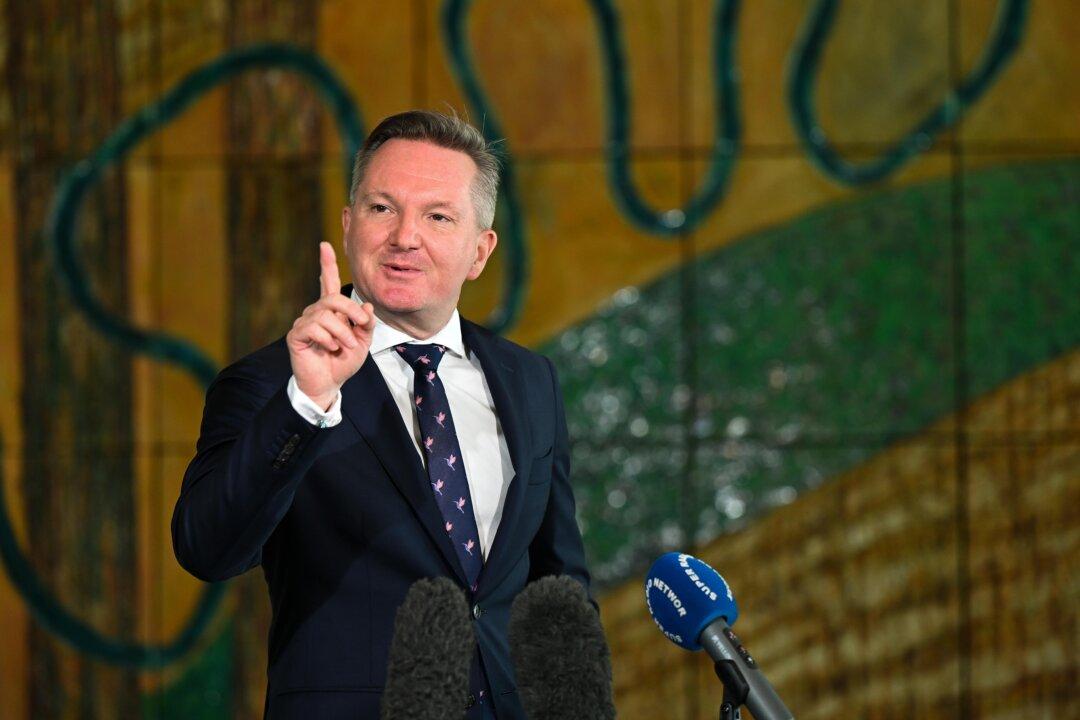Federal Energy Minister Chris Bowen has dismissed concerns about energy companies not making profits under government-backed price caps, saying that his priority was to deal with cost of living.
Addressing complaints about wholesale price caps on energy—a move designed to drive down costs for small businesses and residential customers—Mr. Bowen said that company profits have been “healthy” and that the government and the Australian Energy Market Operator (AEMO) would always prioritise the consumer.





